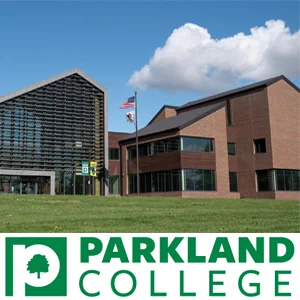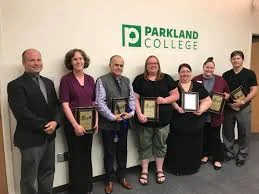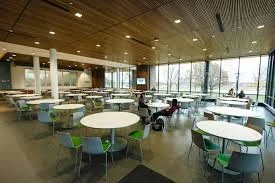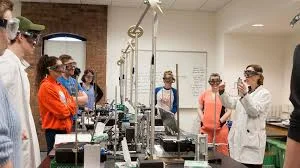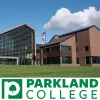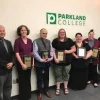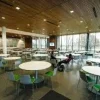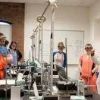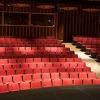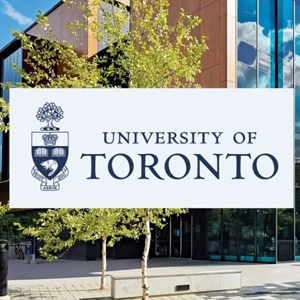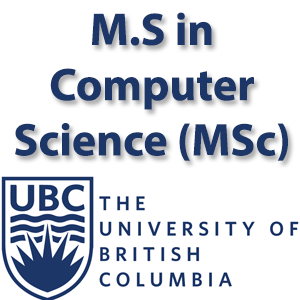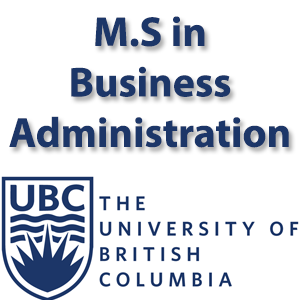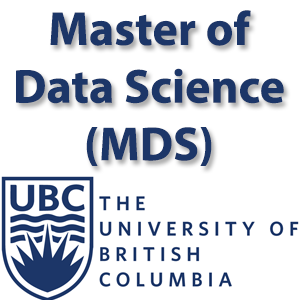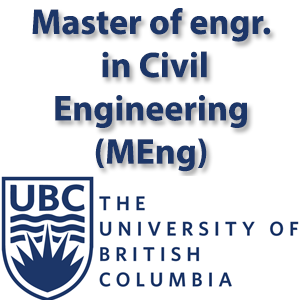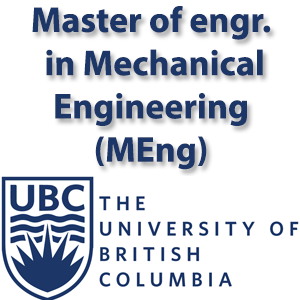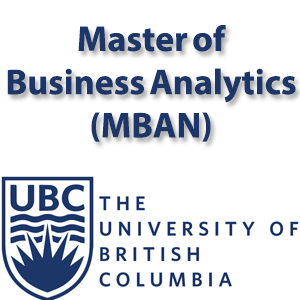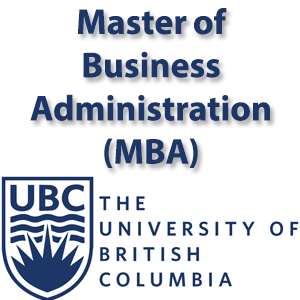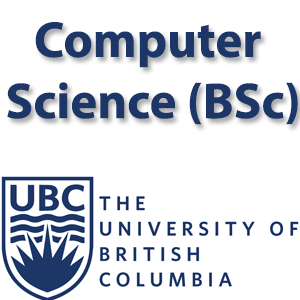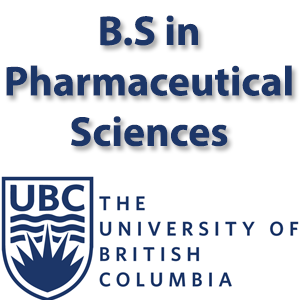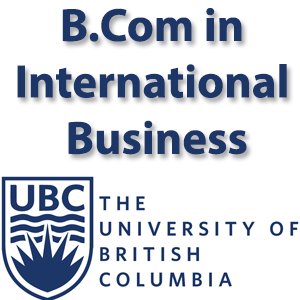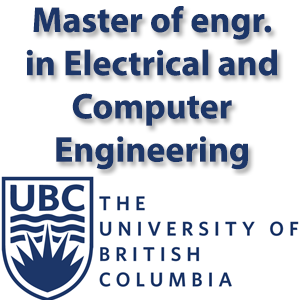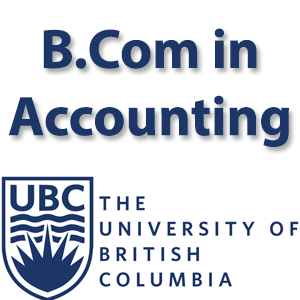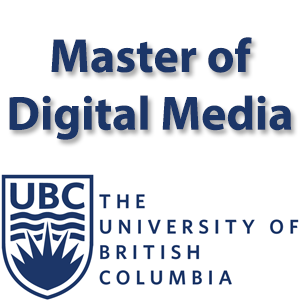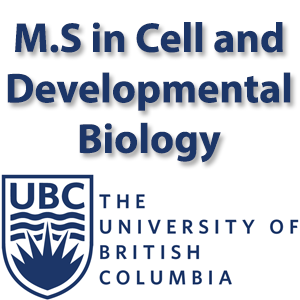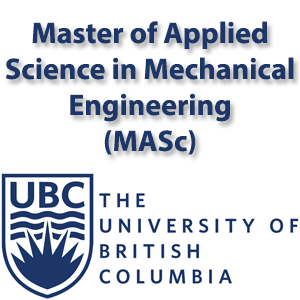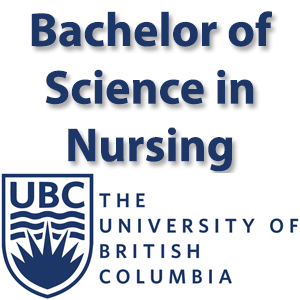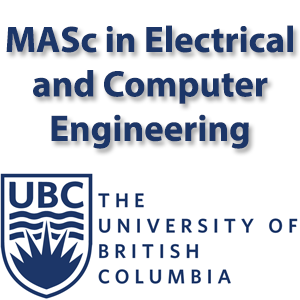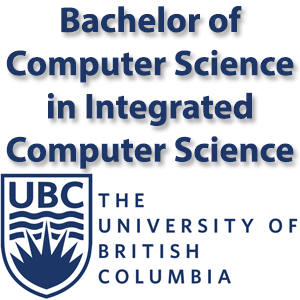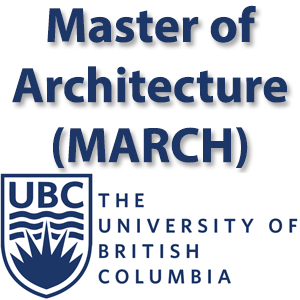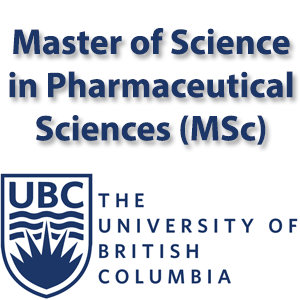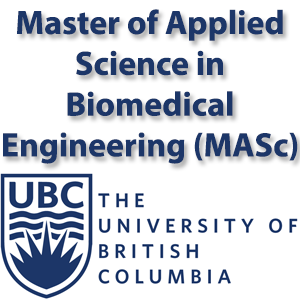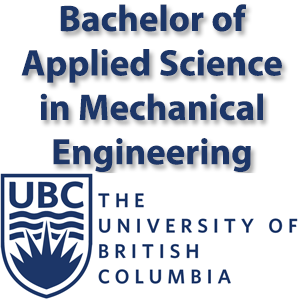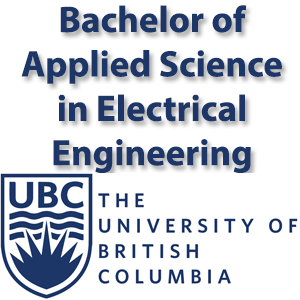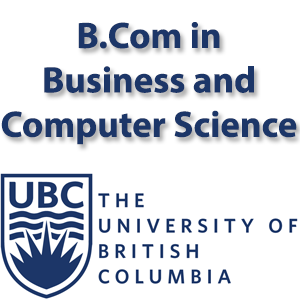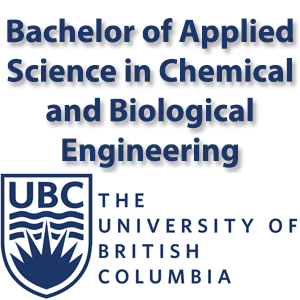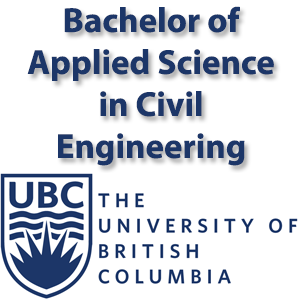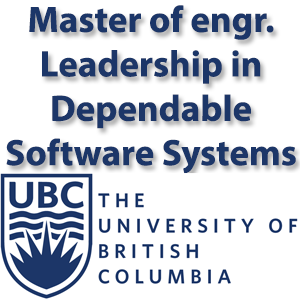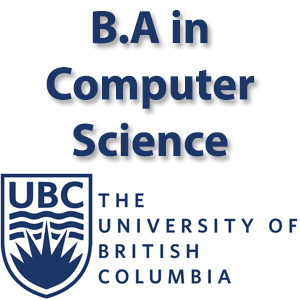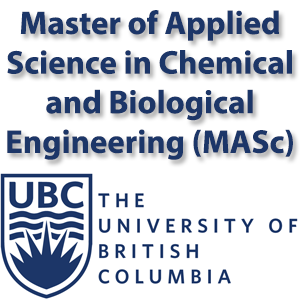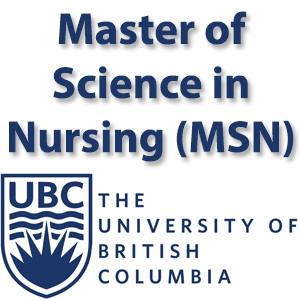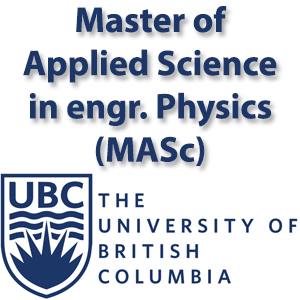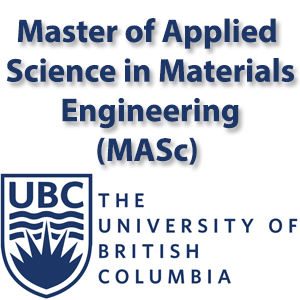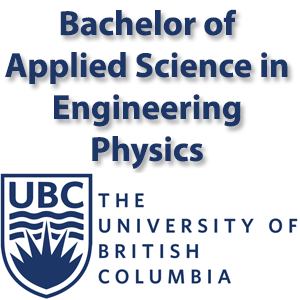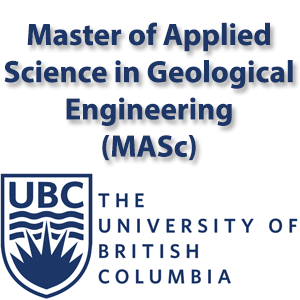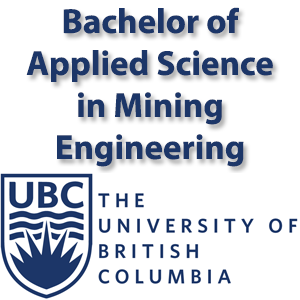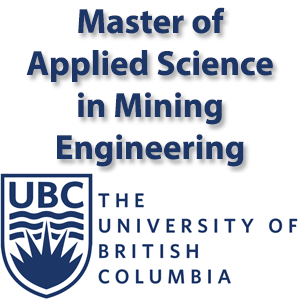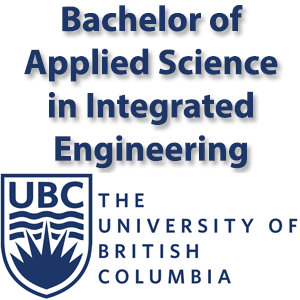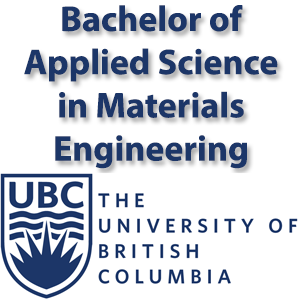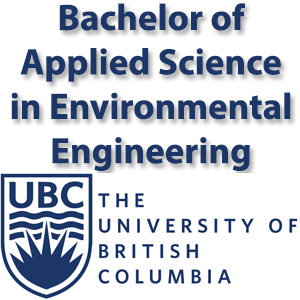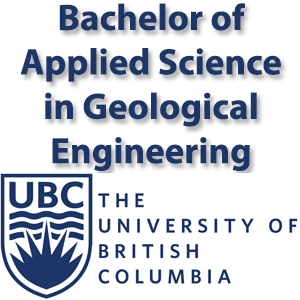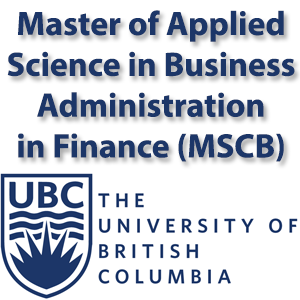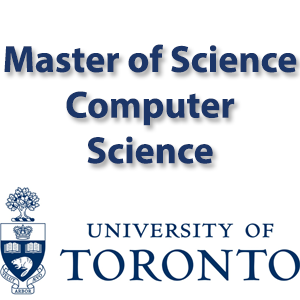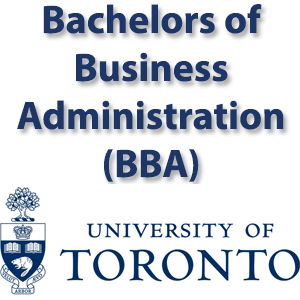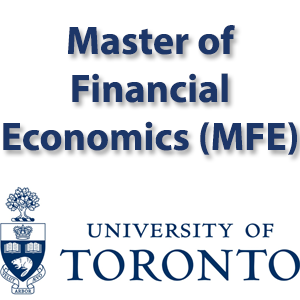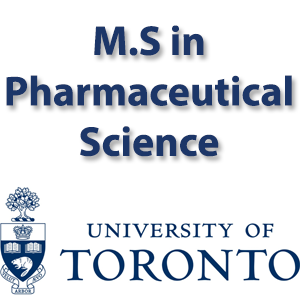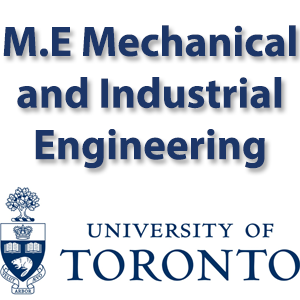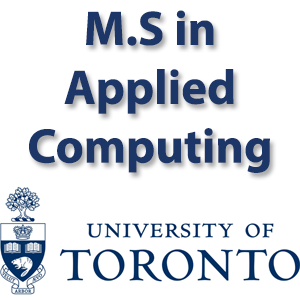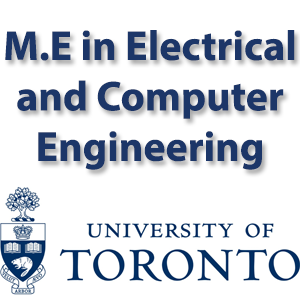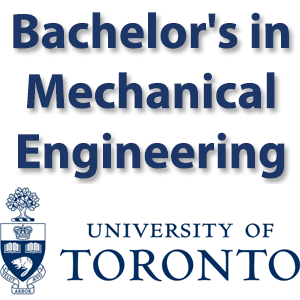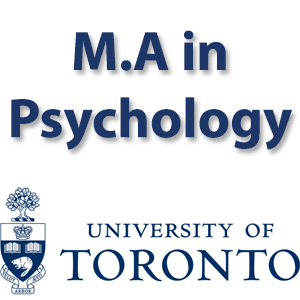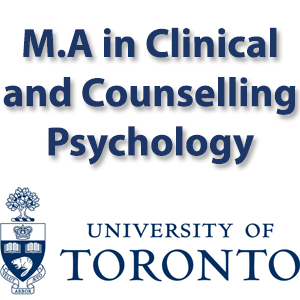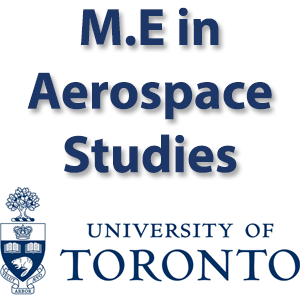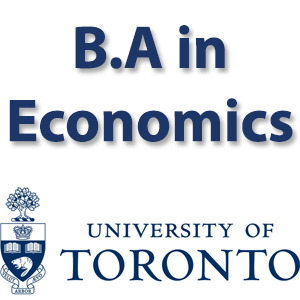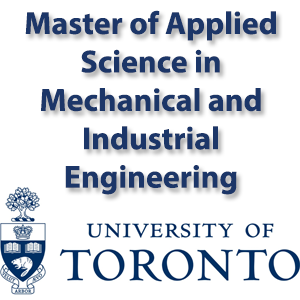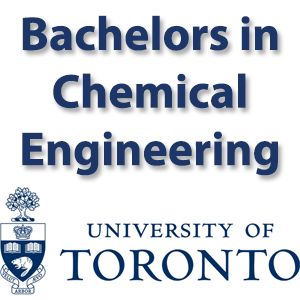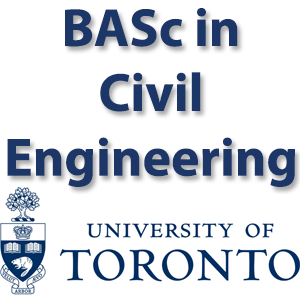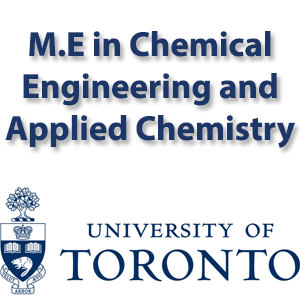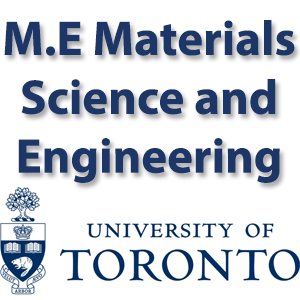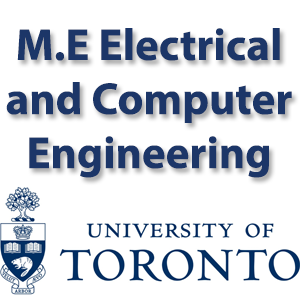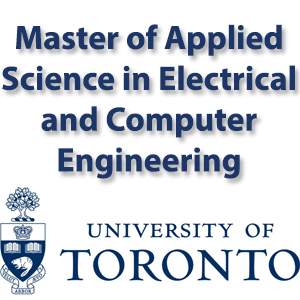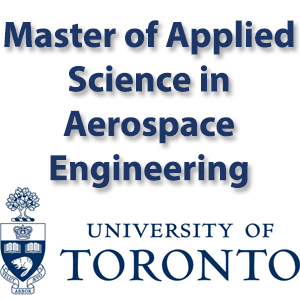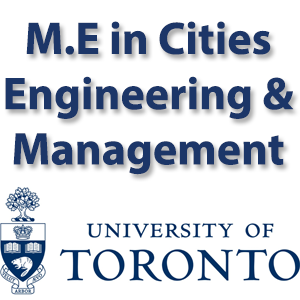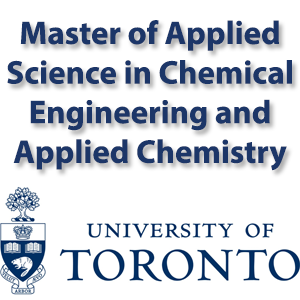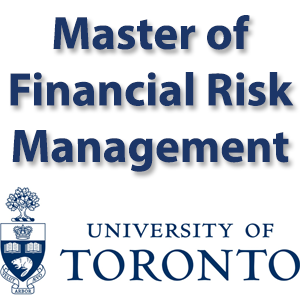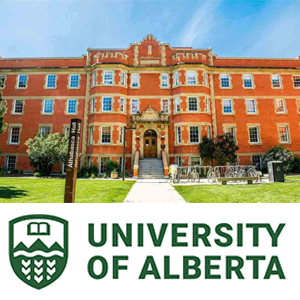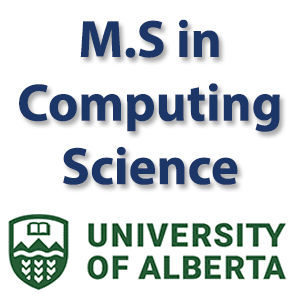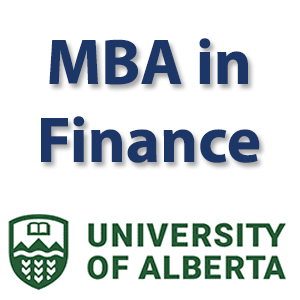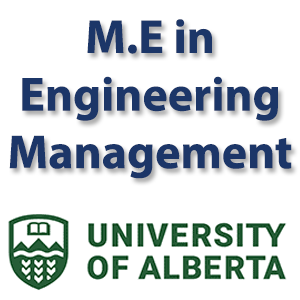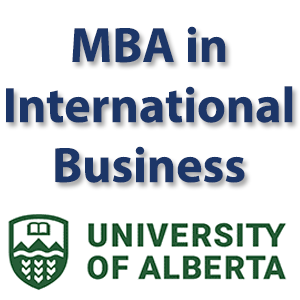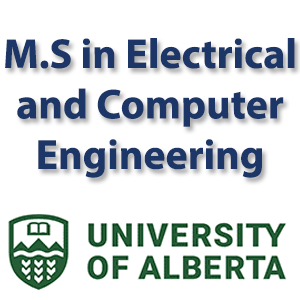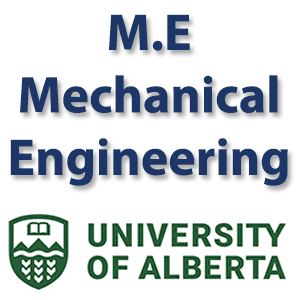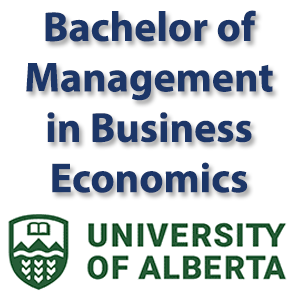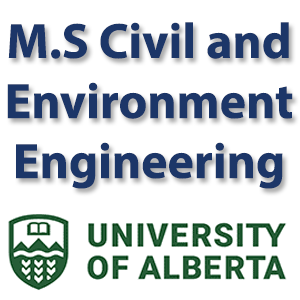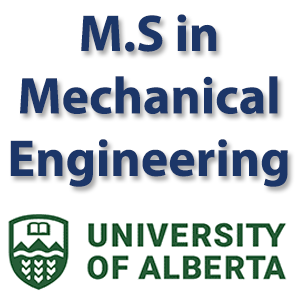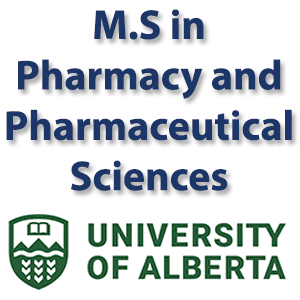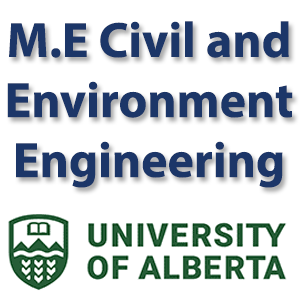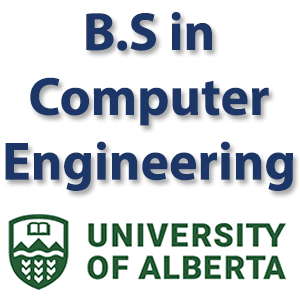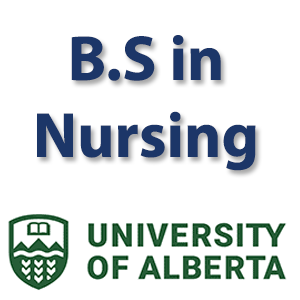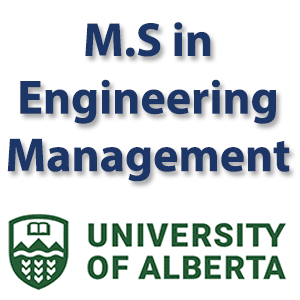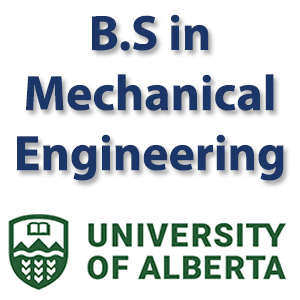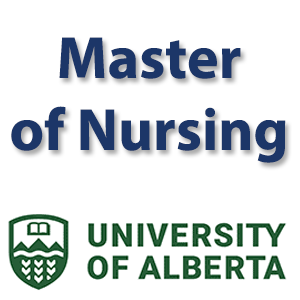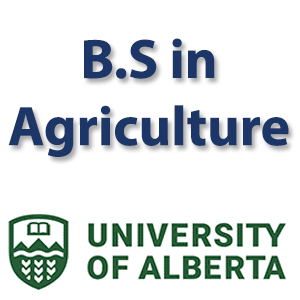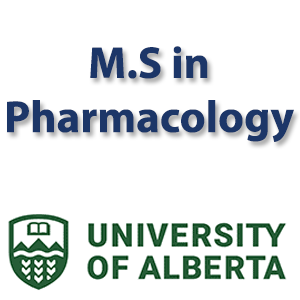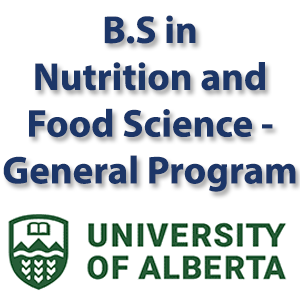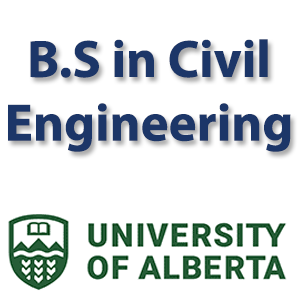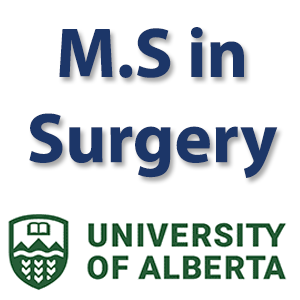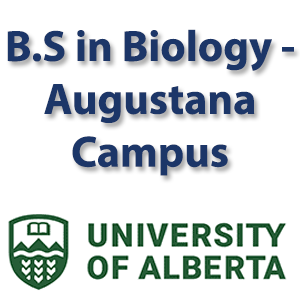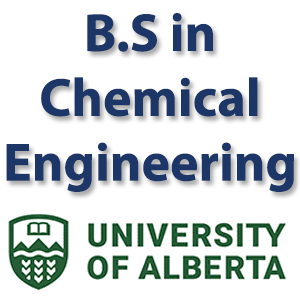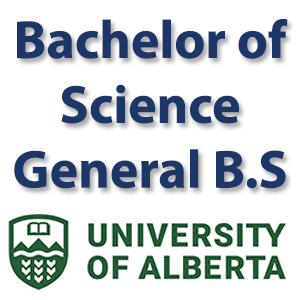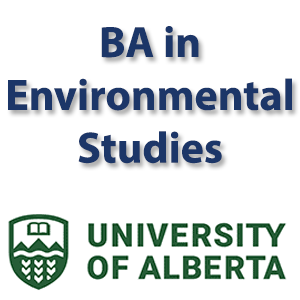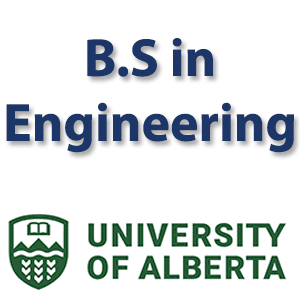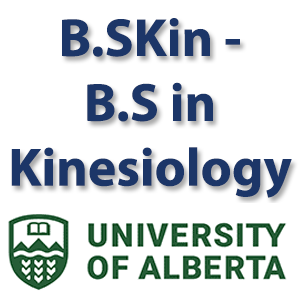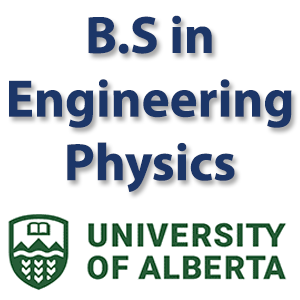Meet the Faces of Parkland
“I have changed in so many ways…most of all, I believe in myself more now than ever before.”
Parkland enrolls approximately 12,000 students annually. Our campus is a panoply of student lifestyles, with cultures as diverse as the communities we serve, students ranging in age from 16 to 86, and a growing international presence. About 75 percent of our students live within District 505. Read on to meet some members of the Parkland community.
About the campus
Campus Layout
Parkland’s main campus consists of a central main building and several separate buildings. Sections of buildings are referred to as “wings.” Our extended campus (Parkland on Mattis) is located on Mattis Avenue and consists of the H annex and the J and Y wings.
Academic Wings/Buildings
- Adult Education: D wing
- Agriculture/Engineering: M wing, T and W buildings
- Business/Computer Science: B wing
- Fine and Applied Arts: C wing
- Health Professions: L wing and H annex at Parkland on Mattis
- Humanities: C wing
- Learning Commons (Library): R wing
- Mathematics: M wing
- Natural Sciences: L wing
- Parkhill Applied Technology Center: T building
- Social Sciences: D wing
- Tony Noel Agricultural Technology Applications Center: W building
Student Union (U wing)
- Admissions: U214
- Assessment Center: U203
- Bookstore: U125
- Cashiers: U247
- Counseling Services: U267
- Financial Aid: U286
- Student Life: U111
Administration & Services
- Administration: U330
- Art Gallery: X wing
- Child Development Center: G building
- Bus Stop: U1 entrance
- Dental Hygiene Clinic: L149
- Dodds Athletic Center: P building
- Fitness Center: P building
- Food Service: U wing
- Human Resources: A116
- Library: R210
- Parkland Foundation & Alumni: U340
- Planetarium: M wing
- Public Safety: A160
- Technology Services Desk: A184
- Theatre: C wing
- Wesley Food Pantry: M138
Parkland on Mattis
Community Education
Construction Education Alliance (CEA)
Health Professions Annex
Illinois workNet
Campus/Buildings Maps
- Campus Map
- Applied Technology Center (ATC)
- Main Building, Student Union, Dodds Athletic Center: Lower & 1st Floor
- Main Building, Student Union, Dodds Athletic Center: 2nd & 3rd Floor
- Tony Noel Agricultural Technology Applications Center
- Rescue Assistance Areas
- Parkland on Mattis
Bus Stop
The MTD bus pickup/drop off is at the Student Union entrance. You can buy or use your financial aid to purchase an annual bus pass certificate in the bookstore. Take the certificate to the MTD terminal with a photo ID and they’ll give you the MTD pass.
Student IDs
Get your Student ID in U111. Your first card is free. Carry it with you when on campus as identification for computer lab use, library loans, business/financial aid transactions, voting, free admission to athletic events, and book buybacks in the Bookstore.
ATM
A Busey Bank ATM is located in the cafeteria vending area in the Student Union.
Fitness Center
Education and Fitness: Kinesiology, Cardio, Personal Fitness, Dance, Aerobics, and Strength Training, all in one place. The Fitness Center is located in the Dodds Athletic Center.
Bookstore
The Bookstore is located in the U wing (U130 of the Student Union).
Library
Parkland Learning Commons offers research assistance, computer labs, books, videos, magazines, printers, photocopiers, and more. The entrance to the library is the large stairway in the college center. Your student ID is also your library card; bring it with you to use the library services.
Lockers
Rental lockers are located on the first floor of the B, C, L, M, and X wings.
Safety Escorts
Take advantage of our 24-hour campus Police Escort Service. Call 217/351-2369.
Administration
Mission & Purposes
The mission of Parkland College is to engage the community in learning. The following purposes are of equal importance in fulfilling the mission of Parkland College:
- Serve students by providing:
- High-quality and responsive developmental, technical-vocational, transfer, and lifelong educational programs;
- High-quality and responsive support services;
- A climate throughout the college that values and promotes integrity, inquiry, diversity, inclusion, active citizenship, global awareness, and academic freedom
- Serve employees by providing a supportive and responsive work environment
- Serve the larger community by providing services and resources that promote the intellectual, cultural, and economic development of Illinois Community College District 505.
Statement of Core Values
As an institution of learning, Parkland College cultivates inquiry, practical application of knowledge, and broad enrichment across our community. The following values are important to the fulfillment of Parkland College’s mission to provide programs and services of high quality to our students and community.
- Honesty and Integrity In our daily operations, our classrooms, and all of our interactions, it is essential that we communicate openly, truthfully, and without hypocrisy.
- Fairness and Just Treatment We advocate and strive for respect, equity, and justice in all of our operations and proceedings.
- Responsibility We believe that employees and students are personally and mutually accountable for their actions as they carry out their duties. We understand the need to balance the pursuit of our own well-being with concern for others. Likewise, we understand the importance of balancing personal accountability with graciousness in the acceptance of help from others.
- Multiculturalism We celebrate the diversity in both our community and our world. Our goal is to recognize, promote, utilize, and educate one another regarding the unique qualities and shared humanity of all people and cultures.
- Education We provide a forum for innovation, critical thinking, open inquiry, and lifelong learning opportunities.
- Public Trust In our efforts to serve the community, we honor the trust placed in us by our citizenry. We also rely on our community to guide and advise us as we continue to serve its needs.
History
Why study history?
In the study of history, we use a wide variety of methods to uncover the story of the past by developing skills in investigative techniques, creative problem solving, and data analysis. The skills you will learn in unraveling the mysteries of the past are the same skills that employers tell us are most in demand in the job market today. Of course, some people who study history go on to become history teachers or work in museums or for the park services, but many more use their background in history as a foundation for a successful career in business, law, or the public sector.
At Parkland, you’ll have the advantage of small class sizes, taught by master faculty-never teaching assistants. Your success is our priority.



